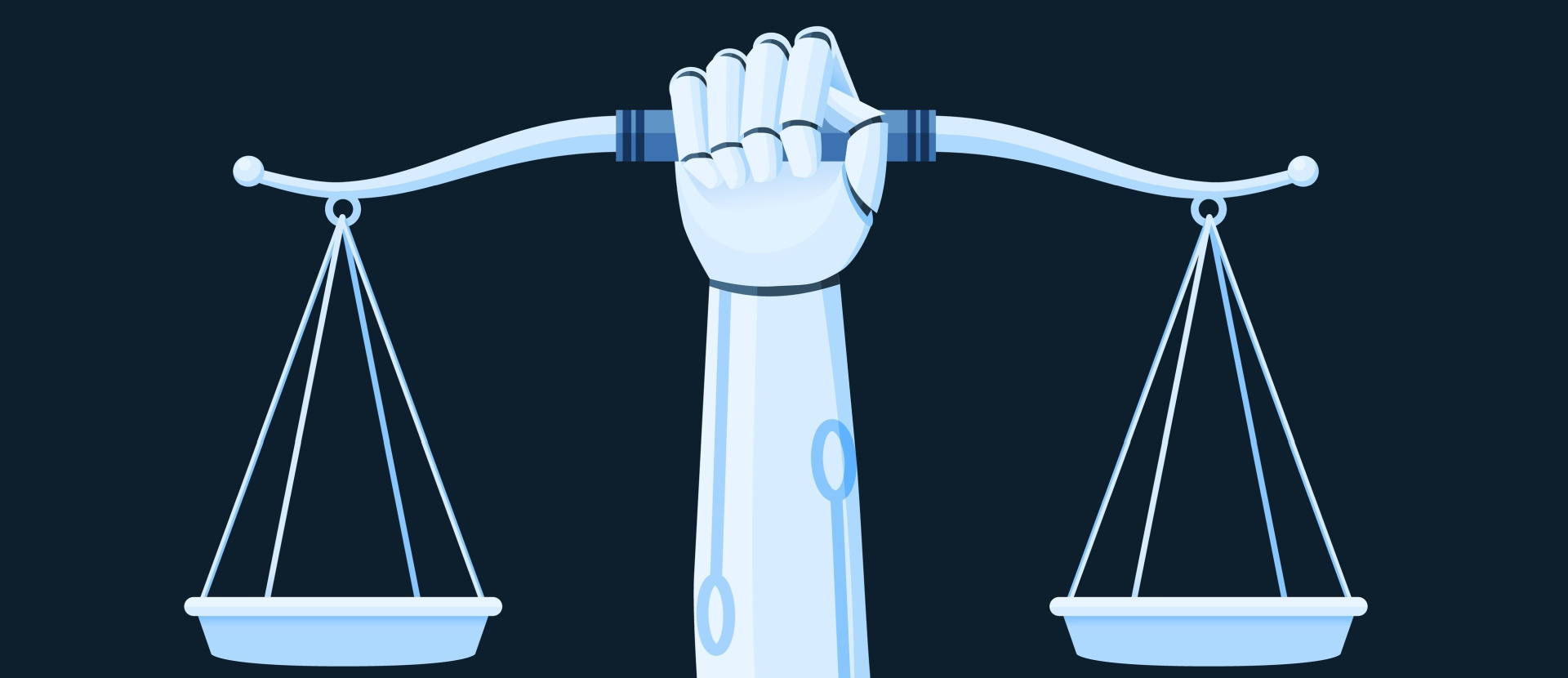How to pick the perfect CRM for your business
Find the perfect fit when you choose your CRM

There are plenty of guides that can point out the best CRM software on the market today but while they can serve as great starting points, highlighting the solutions that are especially good in terms of collaboration, productivity, lead generation, and more, that’s all they are - starting points. Only you can say for certain what the perfect CRM is for your business.
No two companies are the same, so your needs are bound to be particular to your industry, employees, and customers. Maybe you need a CRM tool with a focus on sales or maybe marketing is an area where you want to improve. Perhaps a CRM tool that is designed for insurance firms or the real estate sector is right for you. Or maybe you need something more niche. Sometimes the best CRMS for small businesses or the best CRM for startups will be right for your needs and sometimes more enterprise-focused software will be a better fit.
Whatever your particular needs, don’t settle for a CRM that is just okay, that is adequate without being quite the ideal fit. Instead, make sure the platform you pick is absolutely perfect for your needs. This guide will help you ask the right questions so you end up with a tool that is right for you and no one else.
Reader Offer: Save 18% on Monday.com annual memberships
Monday.com is an easy-to-use and customizable work management platform, enabling teams of all sizes to plan, manage and centralize work. Get started now and boost your team's communication and productivity.
Preferred partner (What does this mean?)
The questions to help you find the perfect CRM for your business
What's your current CRM system like?
Before you start looking for a new CRM system, take a close look at your current one. Ask your sales team if they find it helpful in converting leads or if it’s just another underutilized business program. Does your CRM boast all the third-party integration you need? Does it provide the mobile functionality your employees require in an age where hybrid work is so prevalent?
Take a deep dive into your existing workflows and source feedback from your current employees. Take a look at customer reviews. If there’s something negative they have to say about the sales process, this is a good guide to what you need your next CRM to do. Is your current CRM easy to use? Does it integrate with your other IT solutions or exacerbate silos? These are all good questions to ask when evaluating your existing CRM and finding an ideal new one.
What’s your budget?

While money isn’t everything, it can be a great place to start in your search for the perfect CRM. Some of the more advanced features that come with certain CRM tools, like the automation functionality included in platforms like Salesforce, can cost businesses a pretty penny - particularly considering the cloud pricing model that means costs build up quickly over time.
Setting your CRM budget early on can help you narrow your search quickly. What’s the point in considering a CRM platform if you can’t keep up with the payments or it comes with a range of pricey features that you have no need for? Plus, there are a whole host of excellent CRMs that won’t bankrupt your firm. You won’t believe some of the functionality on offer from some of the best free CRM software packages on the market. And don’t forget about open-source CRMs either. Not only are these platforms free, but they are also usually backed by an entire community of innovators ready to help with any issues or queries you may have.
Who is going to use your CRM?

CRMs are often talked about as being a good fit for a particular business but in reality, it is probably more appropriate to talk about a CRM being ideal for a certain department or team. This is because CRMs are usually charged per user, so businesses are unlikely to make them accessible wholesale for all their employees. Many members of staff are unlikely to need the features on offer, whether it’s project management or analytics. HR personnel, for instance, probably won’t need access to a CRM platform.
Making a note of who exactly will use your CRM can help you pick the perfect solution for them. Ask them about their current workflows and what could be done to improve them. What CRM features would make the biggest difference to their role? And different people in your company may want different things from a CRM. Make sure you source opinion from all relevant stakeholders.
Is it customizable?
No matter how good your chosen CRM is on paper, it’s unlikely to suit your exact needs perfectly. That’s why it’s essential that your CRM is customizable, that it boasts the flexibility required to fit in with your marketing strategy, sales processes, and customer demands. Look for a configurable solution that can also be adapted to shifts in the market or changes in the scale of your business operations.
For example, Zoho CRM is one of the highest-regarded platforms in terms of customization. The software can be modified in numerous ways, including its custom fields, buttons, layouts, and views. The platform even lets users test customization before committing to it. This means that users can be sure that the platform is right for them. If the customization doesn’t work out, they can switch to a different CRM solution.
Is it compliant?

CRM solutions are likely to deal with large amounts of information - some of which will be of a sensitive nature. Customer data including names, contact details, and payment information may be stored within your chosen CRM tool, which means it must abide by some robust compliance standards.
Businesses should make sure that any CRM they are thinking of employing is up to date with the latest compliance rules for the markets in which they are operating. For instance, if they have any customers based in the EU, GDPR will come into play. Any failure to comply with the latest standards could result in major reputational or financial damage.
Can you try before you buy?
Ultimately, there is no way of knowing that a CRM is perfect for your business unless you give it a try. But getting hands-on experience doesn't necessarily mean you’re committed to a platform. In fact, many CRM solutions offer free trials so you can see for yourself if the solution meets your particular needs and then you can decide whether to sign up for a monthly or annual contract. Make sure you check the fine print so the terms of any trial period are clear before you start. That way, perfect or not, you won’t find yourself out of pocket.
Are you a pro? Subscribe to our newsletter
Sign up to the TechRadar Pro newsletter to get all the top news, opinion, features and guidance your business needs to succeed!
Barclay has been writing about technology for a decade, starting out as a freelancer with ITProPortal covering everything from London’s start-up scene to comparisons of the best cloud storage services. After that, he spent some time as the managing editor of an online outlet focusing on cloud computing, furthering his interest in virtualization, Big Data, and the Internet of Things.

